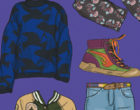It seems a little bit over the top to point this out right at the start of this post but I honestly believe it’s true; you can’t call yourself a feminist if you believe in fast fashion.
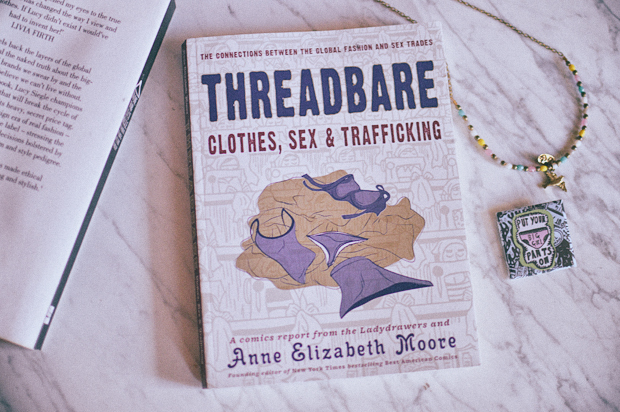
This belief hit me whilst reading “Threadbare: Clothes, Sex & Trafficking” by Anne Elizabeth Moore. It’s an illustrated non-fiction comic all about the fashion industry and how it links in with sex work and trafficking. It sounds like a pretty heavy topic, but it was possibly one of the easiest ethical/anti-fast fashion reads I’ve finished so far, and for those of you who prefer something a little more attractive to the eyes, then I’d definitely recommend it (however I will point out – it does have fairly small text to read).
The statistic that struck me with this realisation was this – 1 in 7 women worldwide, work in the fashion industry. The tricky thing about feminism is how it is deemed to be only related to women and feminine issues, when as we should all know by now, it’s about equality, and the only way we can reach gender equality and an equal balance between men and women, is by working on the imbalance of which is mainly weighing down on, well, women.
So seeing as a seventh of the female population in the world are somewhat responsible for the fashion industry, it would seem a bit absurd to not think about how it affects those people, wouldn’t it?
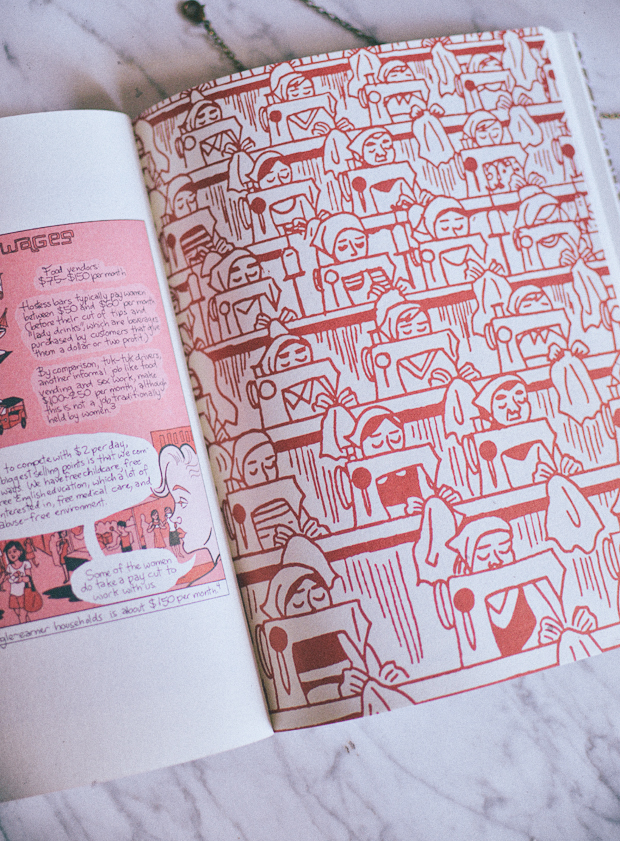
One of the main issues surrounding fast fashion and the industry as a whole is the problem surrounding working conditions. 80% of garment workers are women. According to the book “To Die For” by Lucy Siegle, if we break down the price of a £4 (ASDA) t-shirt, £1.18.5p goes to the supplier; £2.80 goes straight to ASDA as profit and the garment worker (most probably a woman) receives just 1.5p.
That’s 1.5p per what could possibly be 200 garments per day (roughly £4 a day), in a factory with poor safety regulations. In fact, 60% of factories in Bangladesh are structurally unsound according to a 2013 study, which makes the Rana Plaza disaster even more tragic, because it would be so easy for it to happen again.
Upon reading more about feminism and fast-fashion, I read fellow blogger Jen’s post about her thoughts, and her point about clothes plastered with feministic slogans and messages of empowerment really raised a great question; how can we be buying these clothes that promote female empowerment that cost as much as a coffee at Starbucks, when the people making them can barely afford to live and make these clothes for us?
How can we say we’re feminists when we’re supporting companies that don’t have any interest in the women (some of which are in their teens) that they employ and the situations that they are in?
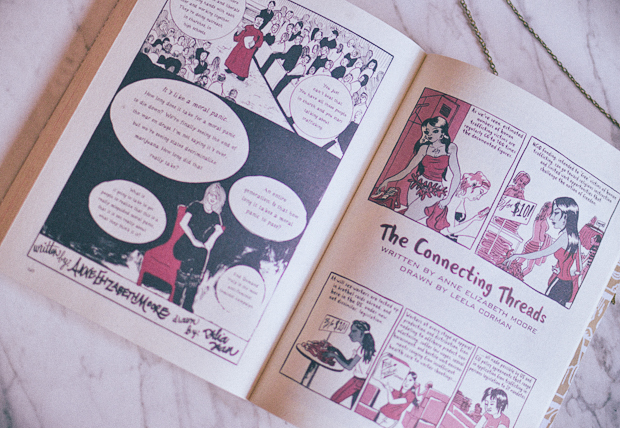
The answer is, we simply can’t. If feminism is about bringing equality to women, then we can’t call ourselves feminists if we’re still supporting a cycle and an industry that still promotes inequality. It doesn’t matter what a brand is doing on the surface. It doesn’t matter what natural beauty campaigns they’re running, or what slogans are on those t-shirts.
At the end of the day, if they didn’t have the garment workers in the first place, then they wouldn’t have their company – we wouldn’t have our clothes and our wardrobes full of outfits. We as women, as men, and as humans who need to prolong the earth we stand on – cannot call ourselves feminists if we live with the mindset that this is okay.
In line with that, one of my favourite parts of “Threadbare” and actually the page that featured that slap-in-the-face statistic, was this –
‘So if you want to support job opportunities for women in developing nations, don’t shop at the mall.’
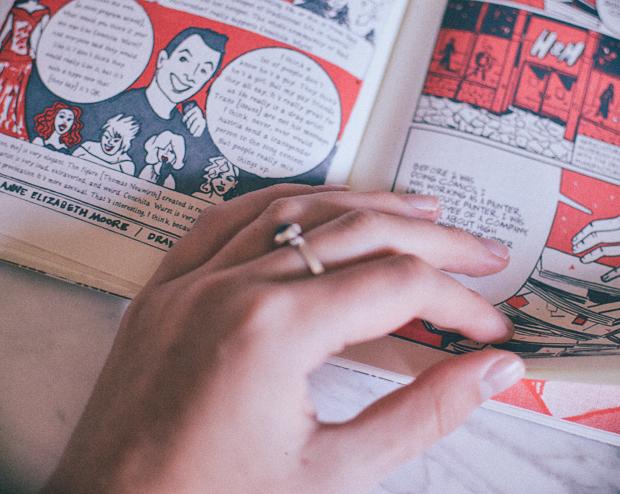
If you want to call yourself a feminist and support one of the biggest industries in the world, and a seventh of the female population (cisgender/transgender – unfortunately there isn’t a clear statistic for that number, which would bring me onto a whole other topic of discrimination), then don’t support what is causing the most damage. Or like I’ve said many times before; be conscious. Hold retailers responsible.
So yes, I am a feminist, because I’m doing my part to avoid supporting companies who don’t value their workers and aren’t doing their part to create a fairer industry. Are you?



